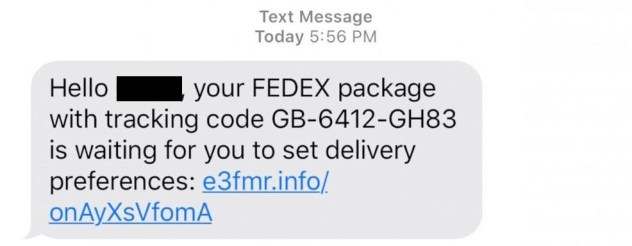Romance scams in time for Valentine’s Day
With Valentine’s Day approaching a number of us are getting our plans in order for the romantic holiday. Whether it’s the old standbys of flowers, dinner, and chocolates or something as simple as a movie, many people will be shelling out big bucks to try to celebrate their significant other or impress a new prospective partner. That kind of spending is fine if you’re into the Valentine’s Day celebrations. However, there is another kind of romantic spending no one should do no matter what time of year it is and that’s falling victim to the romance scam.
The romance scam can affect anyone no matter what their social status, education level, or age group is. It usually starts out on dating sites and apps or social media. The scammer will try to strike up a relationship with a victim almost out of the blue but they’ll never meet the victim in real life. They may give some excuse like they’re working in a remote area or they’re living overseas. Eventually, the scammers will ask their victims for money under the guise of some emergency or money they need to travel. If a victim ends up paying this money, the scammer will continue to ask for money but will still give excuses as to why they can’t meet in person.
[youtube https://www.youtube.com/watch?v=Ub_Equ__Svk%5D
The FBI has a list of tips on how to avoid romance scams. These include researching the photos that someone uses in their profile, not allowing the other person to try to isolate you from your family, and never give out your banking or other financial information. If you were to become a victim of one of these scams, the FBI recommends either filing a complaint with the Internet Crime Complaint Center or your local FBI field office.
While the feeling of being alone on Valentine’s isn’t the best, it’s not worth ignoring the red flags that could lead to financial ruin.












Leave a Reply